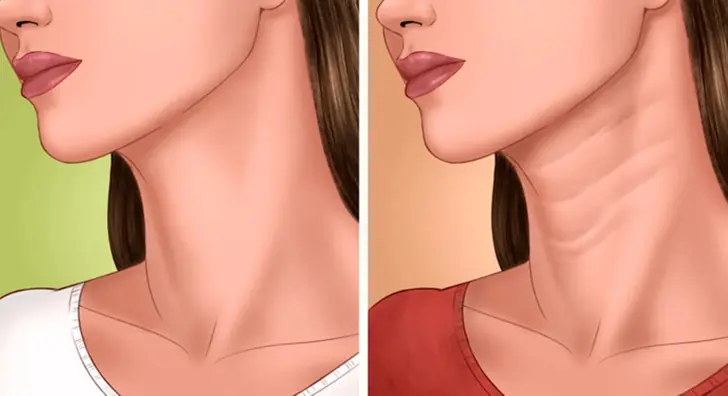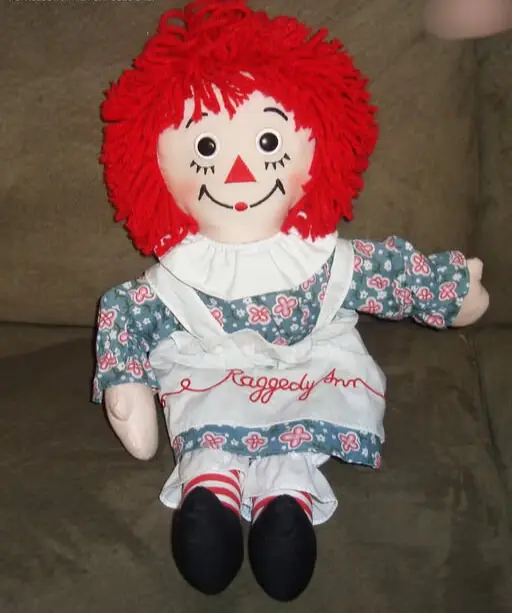
I Picked Up an Old Man on a Lonely Winter Highway – Letting Him Stay the Night Changed My Life Forever
It was Christmas Eve, and the world around me was blanketed in silence. Snowflakes drifted gently from the sky, and the icy road stretched endlessly into the distance. I was just a few hours from home, exhausted from a long work trip, my thoughts consumed by one thing—my children.
Emma and Jake were waiting for me at my parents' house, bubbling with anticipation for Christmas morning. This was our first holiday alone since their father had walked out on us three months ago. He left for another woman—someone from his office. I was still reeling from the betrayal, but tonight wasn’t about him. It was about getting back to my kids, to the warmth of home, and to the love that remained.
Then I saw him.
An old man was walking along the side of the highway, hunched over, a battered suitcase clutched in one hand. His coat was threadbare, and snow clung to his shoulders and hat. He looked fragile, exhausted, and heartbreakingly out of place. I slowed the car, hesitating.
Was it safe? Everything in me urged caution. But something about the way he walked—determined but weary—reminded me of my grandfather. And so, against every instinct of fear and doubt, I pulled over.
I rolled down my window. “Hey!” I called. “Do you need help?”
He turned, his pale face creased with cold and fatigue. “I’m trying to get to Milltown,” he rasped. “My family’s there.”
“Milltown?” I echoed, shocked. “That’s over a hundred miles from here.”
“I know,” he said softly. “But it’s Christmas. I have to try.”
I stared at him for a moment, then made my decision. “Get in. You’ll freeze out here.”
He blinked in surprise. “Are you sure?”
“I’m sure,” I said, unlocking the door. “Let’s get you warm.”
He climbed in slowly, clutching his suitcase like it held all that he had left in the world.
“I’m Maria,” I said, easing the car back onto the highway.
“Frank,” he replied.
We drove in silence for a while, the hum of the heater filling the space between us. I glanced over occasionally. His coat was worn thin, his hands red from the cold. I turned up the heat a little more.
“Do you really have family in Milltown?” I asked gently.
Frank hesitated before nodding. “My daughter and her kids. I haven’t seen them in years.”
I bit my lip. “Why didn’t they come get you?”
He didn’t answer right away. “Life gets busy,” he said finally.
It was clear he didn’t want to say more. I let it go.
“You’re welcome to stay at my parents’ place tonight,” I offered. “It’s too far to reach Milltown, and it’s Christmas. My kids would love having someone else around.”
His eyes softened. “That’s… very kind. Thank you.”
When we arrived, snow had already piled high in the driveway. My parents opened the door, surprised but welcoming, ushering us into the warmth. Frank stood just inside the entryway, looking lost, suitcase still in hand.
My mother was quick to brush snow off his shoulders. “Come in, come in. No one should be out in this weather.”
“We’ve got a guest room ready,” my father added, though he gave me a questioning look.
Frank’s voice trembled as he whispered, “Thank you.”
I led him to the guest room and left him to rest. But that night, as I watched my children sleep, questions tugged at my thoughts. Who was Frank really? And why was he really out there, alone?
Christmas morning arrived wrapped in joy. Emma and Jake ran into the living room in their pajamas, eyes bright with excitement. The smell of cinnamon rolls filled the air, and laughter echoed through the house.
Frank appeared in the doorway, still holding that same battered suitcase. He looked better—cleaner, rested—but his eyes still held a hint of sadness.
“Kids,” I said, “this is Frank. He’s spending Christmas with us.”
He smiled. “Merry Christmas.”
“Merry Christmas!” they shouted back, curiosity taking over.
Soon Frank was telling them stories of his childhood Christmases—how he and his brothers used to sneak cookies before dinner, how his mother would sing carols off-key but with such heart. My children were enchanted. They drew him pictures, shared their toys, and made space on the couch like he’d always belonged there.
Then, as the wrapping paper settled and the house quieted, Frank spoke.
“I haven’t been honest,” he said, his voice barely above a whisper. “I don’t have family in Milltown. They’re all gone now. I ran away from a nursing home… because the staff there were cruel. I didn’t know where else to go.”
My heart clenched.
He looked at me, bracing for rejection. “I was scared you’d send me back.”
I knelt beside him. “Frank… you’re safe now. You don’t have to go back.”
My parents exchanged looks—my father grave, my mother already dabbing at her eyes.
“They mistreated you?” I asked.
Frank nodded. “Cold rooms. Missed meals. No one cared if we were sick or alone. I couldn’t take it anymore.”
I reached over and took his hand. “You don’t have to thank us. You’re part of our family now.”
That day, he joined us for Christmas dinner, sitting at our table like he’d always belonged there. He told stories about his late wife, about the life they’d built together, and how her laughter used to fill every room. The kids adored him. He became the grandfather they’d never had.
But I couldn’t stop thinking about the nursing home. If Frank had suffered, others surely were too.
“Frank,” I said one evening, “we need to report what happened to you.”
He looked away. “I don’t want to relive it.”
“But you could help others.”
After some thought, he agreed. Together we filed a complaint. It wasn’t easy. He had to speak about things he wanted to forget. But he did it.
Weeks later, the investigation confirmed everything he’d said—neglect, abuse, staff misconduct. The home faced serious consequences, and residents were finally treated with dignity.
“You did this,” I told him when the news came. “You made a difference.”
“We did,” he said, voice full of emotion. “But I still don’t think I could ever go back.”
“You won’t have to,” I assured him. “You have a home with us now.”
Our lives moved forward. Frank’s presence became a blessing I hadn’t known we needed. He helped Emma with her school projects, taught Jake how to whittle toy animals, and listened patiently to my worries late into the night. We laughed more. We healed.
One evening, as snow fell softly outside, Frank brought out his suitcase again. From it, he pulled a wrapped canvas.
“This,” he said, unwrapping it, “was my wife’s favorite painting. It’s by a renowned artist. It’s worth a lot.”
I shook my head. “Frank, no. I can’t accept that.”
“You can,” he said gently. “You gave me something priceless. Let this be my way of saying thank you.”
Tears welled in my eyes. “We’ll honor it. I promise.”
We sold the painting. The money secured my children’s future, allowed us to expand the house, and gave us peace of mind. But nothing—not even that—meant more than having Frank in our lives.
He came into our world one lonely winter night, a stranger on the side of a highway. But through kindness, through compassion, and through the simple act of opening a door, we found family in the most unexpected way.
News in the same category

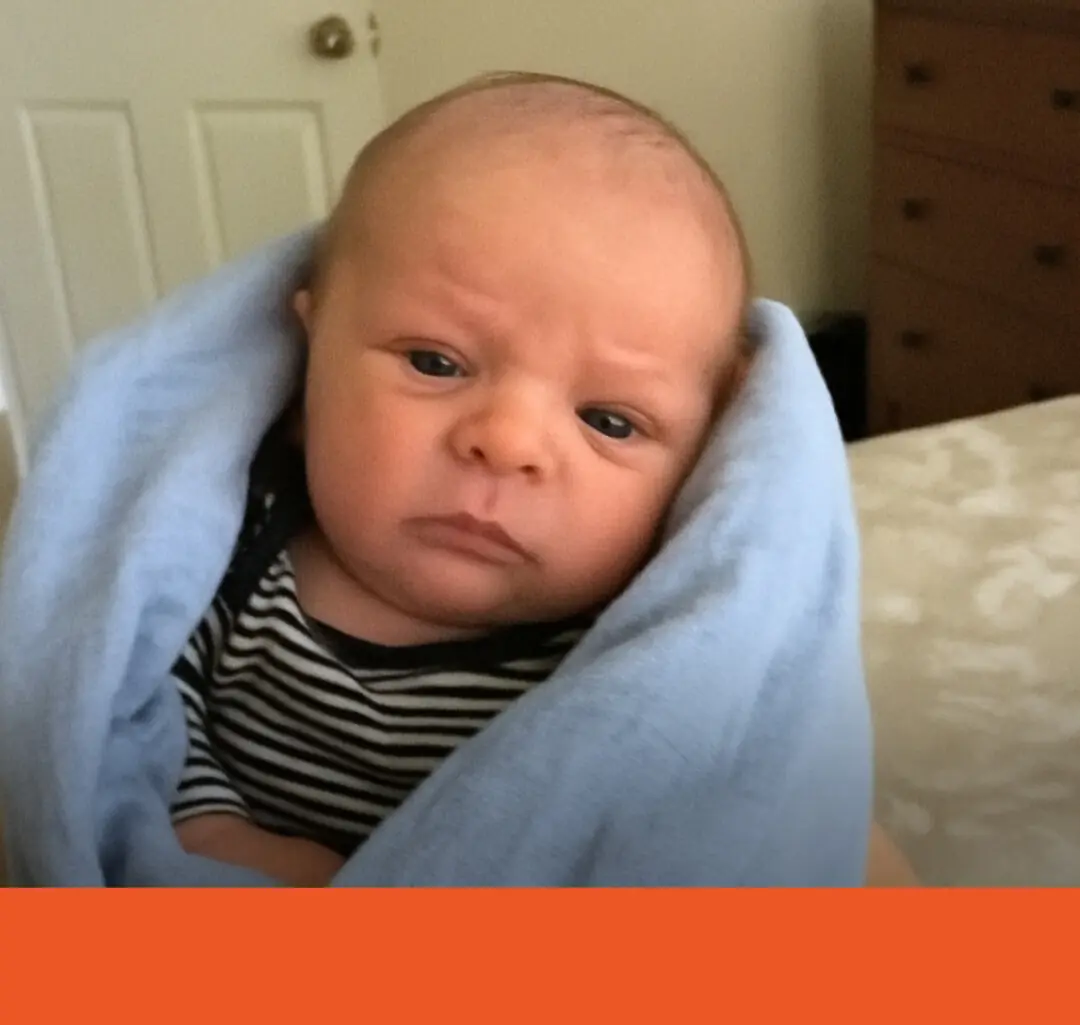
Woman Helps to Deliver Neighbor's Baby, Discovers Her Husband Is the Father
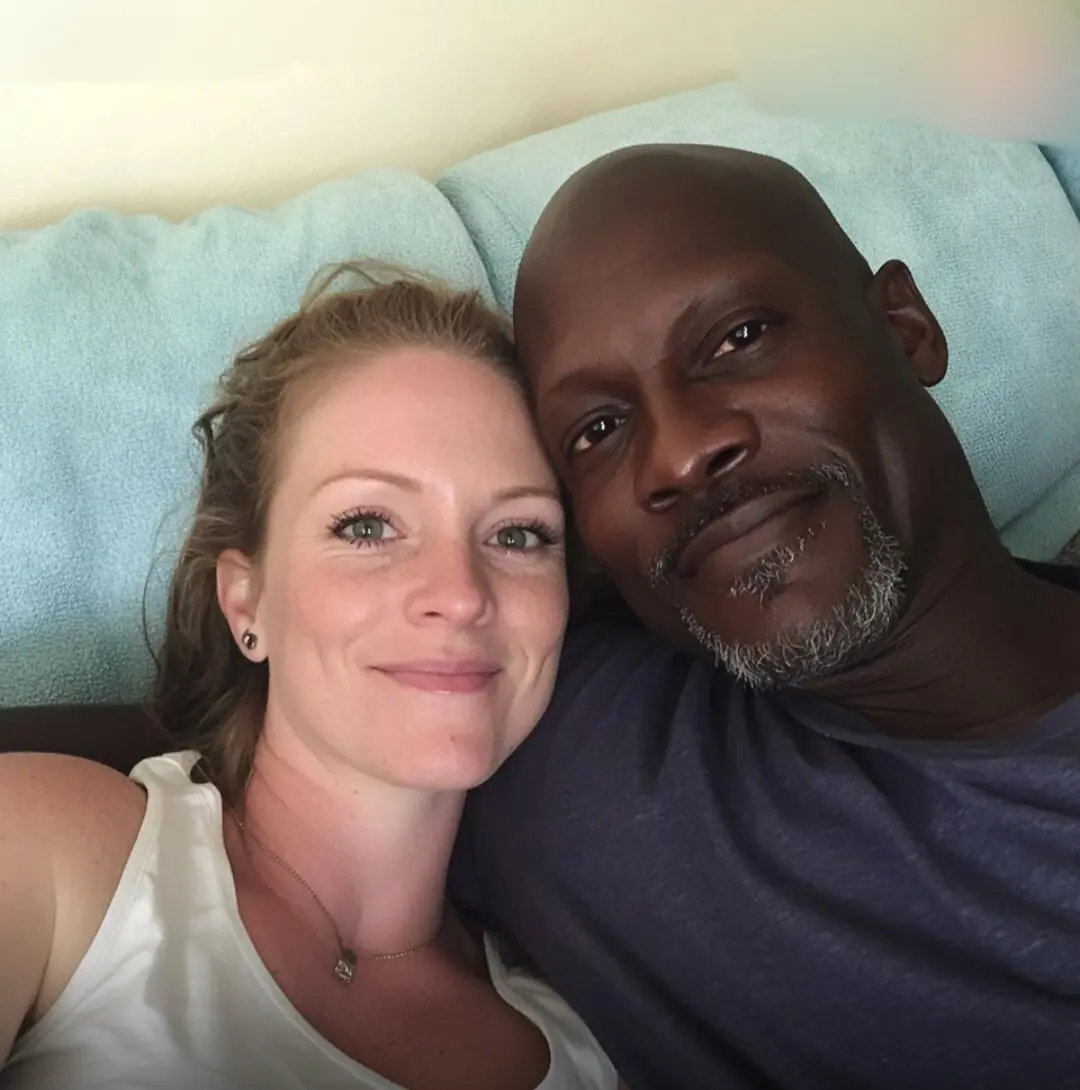
Every Saturday, My Boyfriend Visited His Parents Without Me Until I Followed Him and Uncovered the Shocking Truth
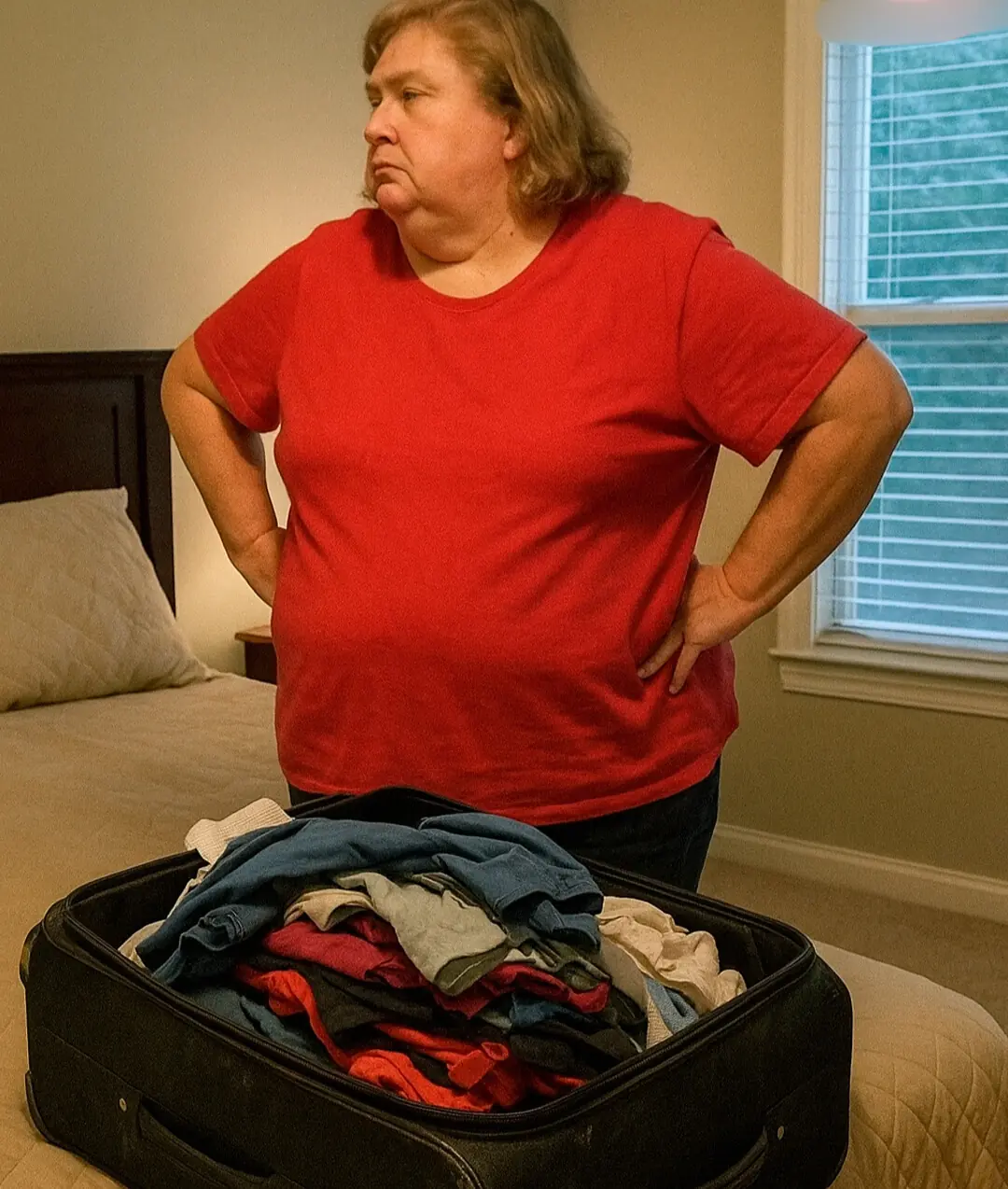
My Sassy MIL Took over Our Bed Without Asking for Years—But This Time, I Set a Trap My In-Laws Walked Right Into
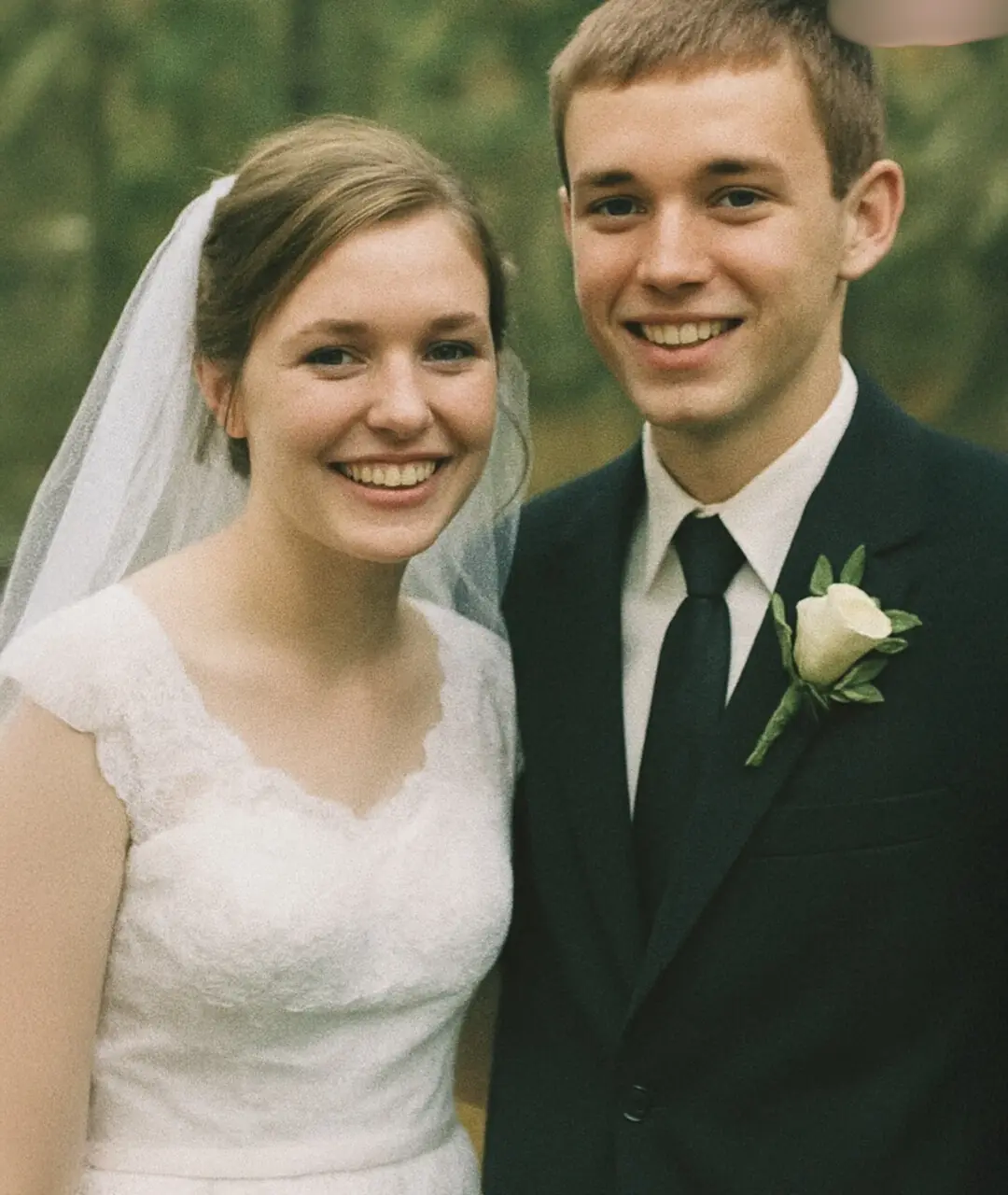
My Son Proposed to a Girl He'd Only Known for 3 Weeks—During the Ceremony, the Police Walked In
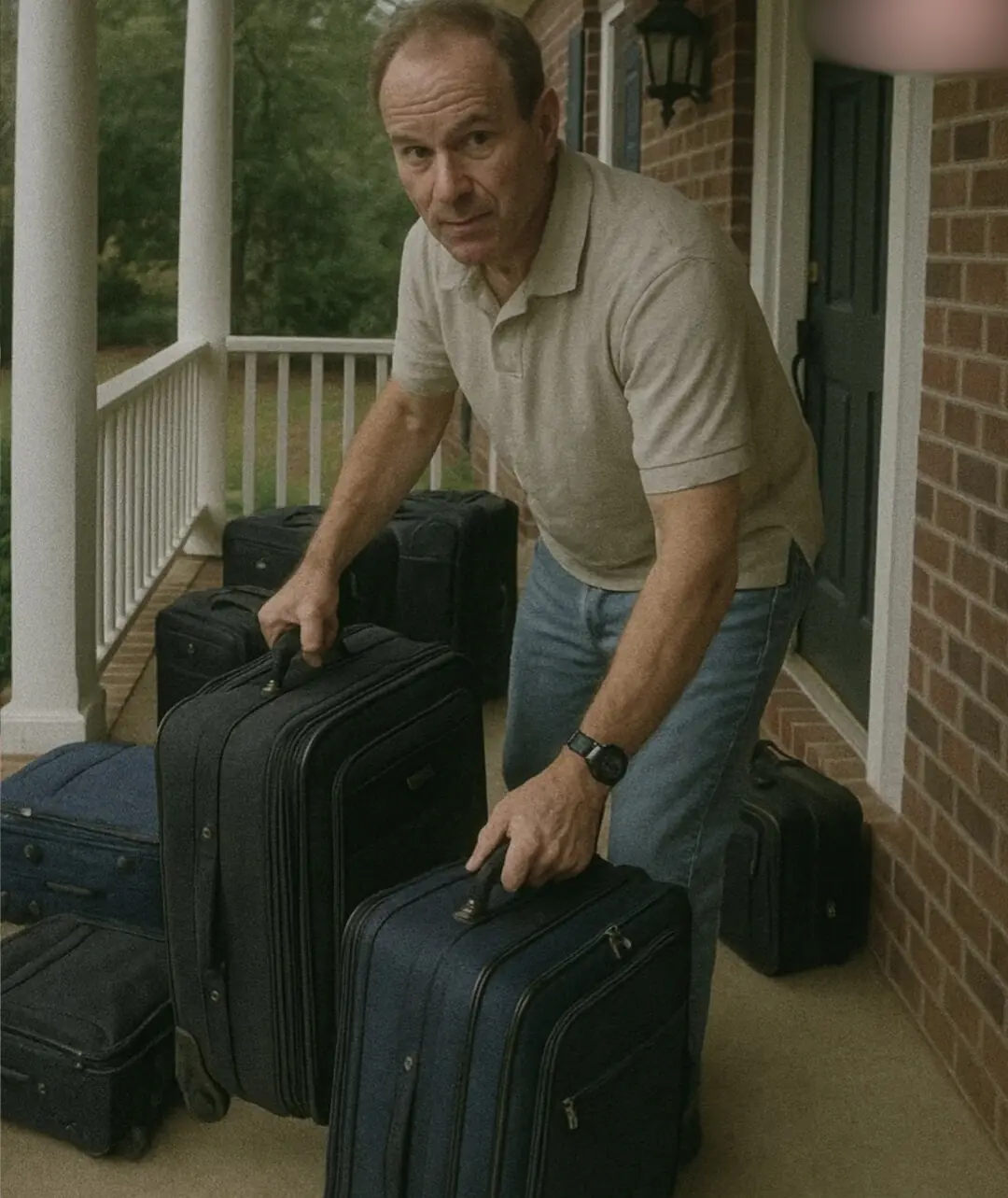
My Stepmother Kicked Me Out While My Father Stayed Silent — Days Later, They Were on Their Knees Begging for Forgiveness
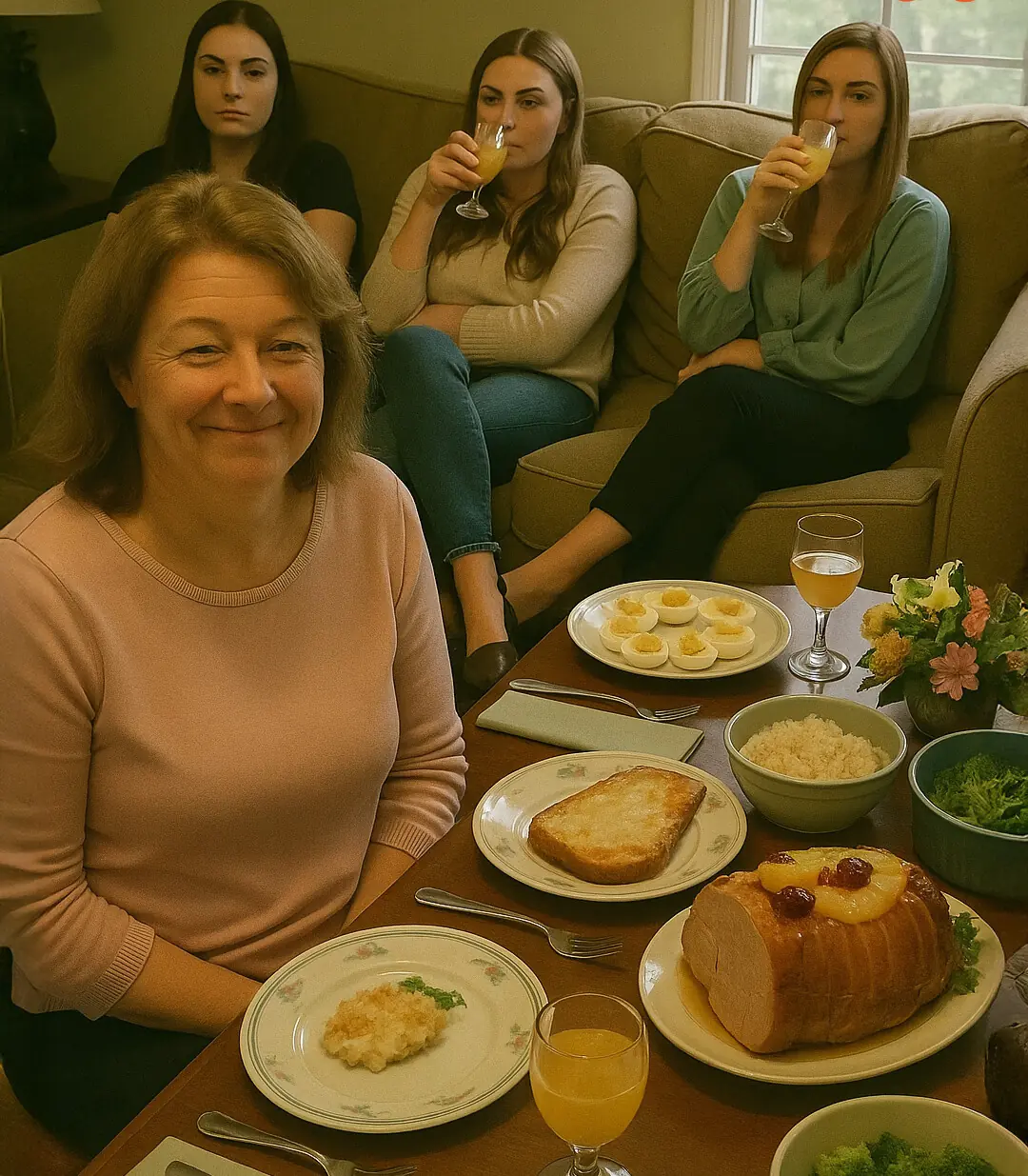
My MIL and Husband's Sisters Forced Me to Clean Up Alone After Easter Feast—I Agreed, but They Weren't Ready for My 'Surprise'
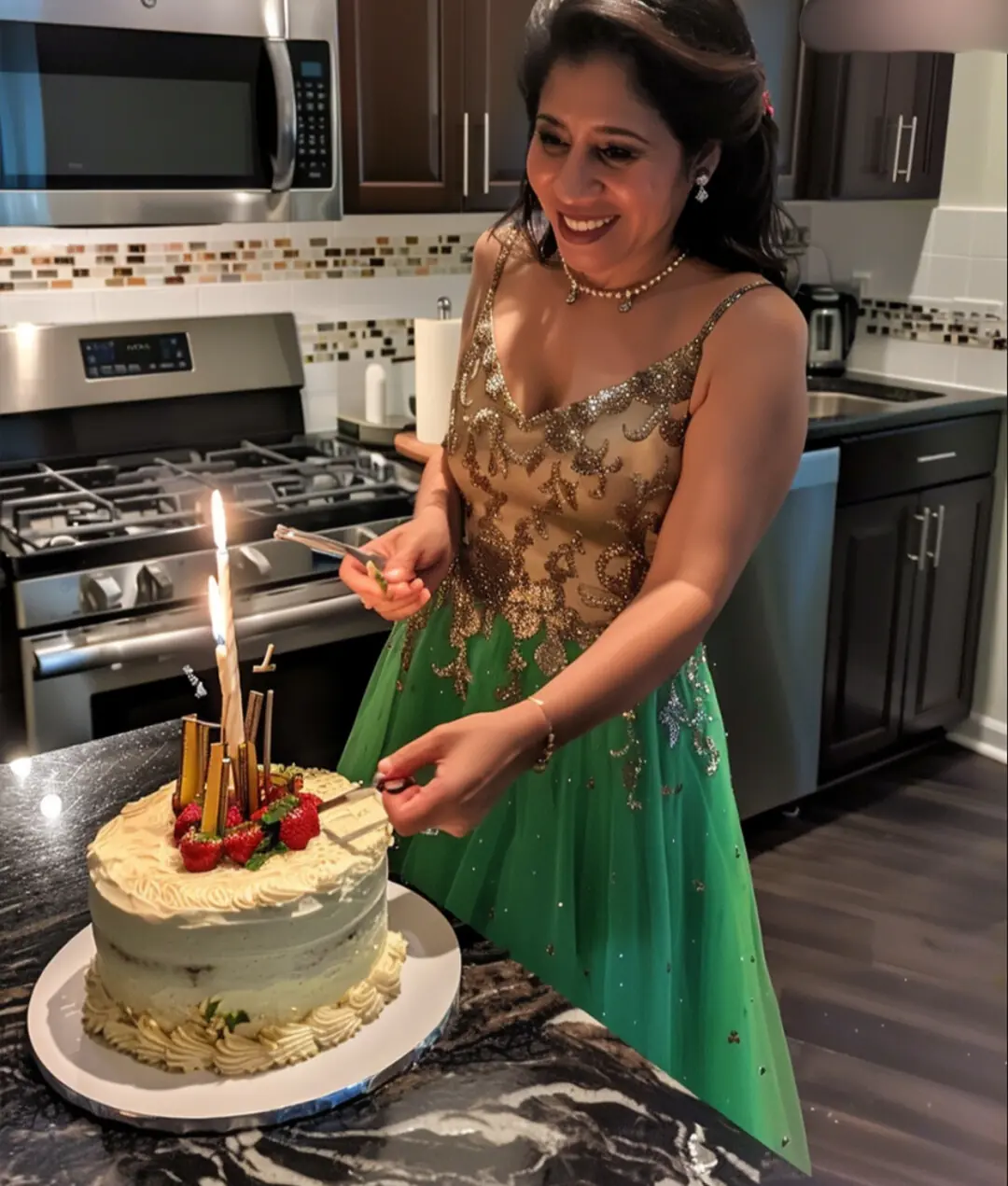
I Paid and Organized My Niece's 16th Birthday—Then She Demanded I Sit In the Kitchen During the Party
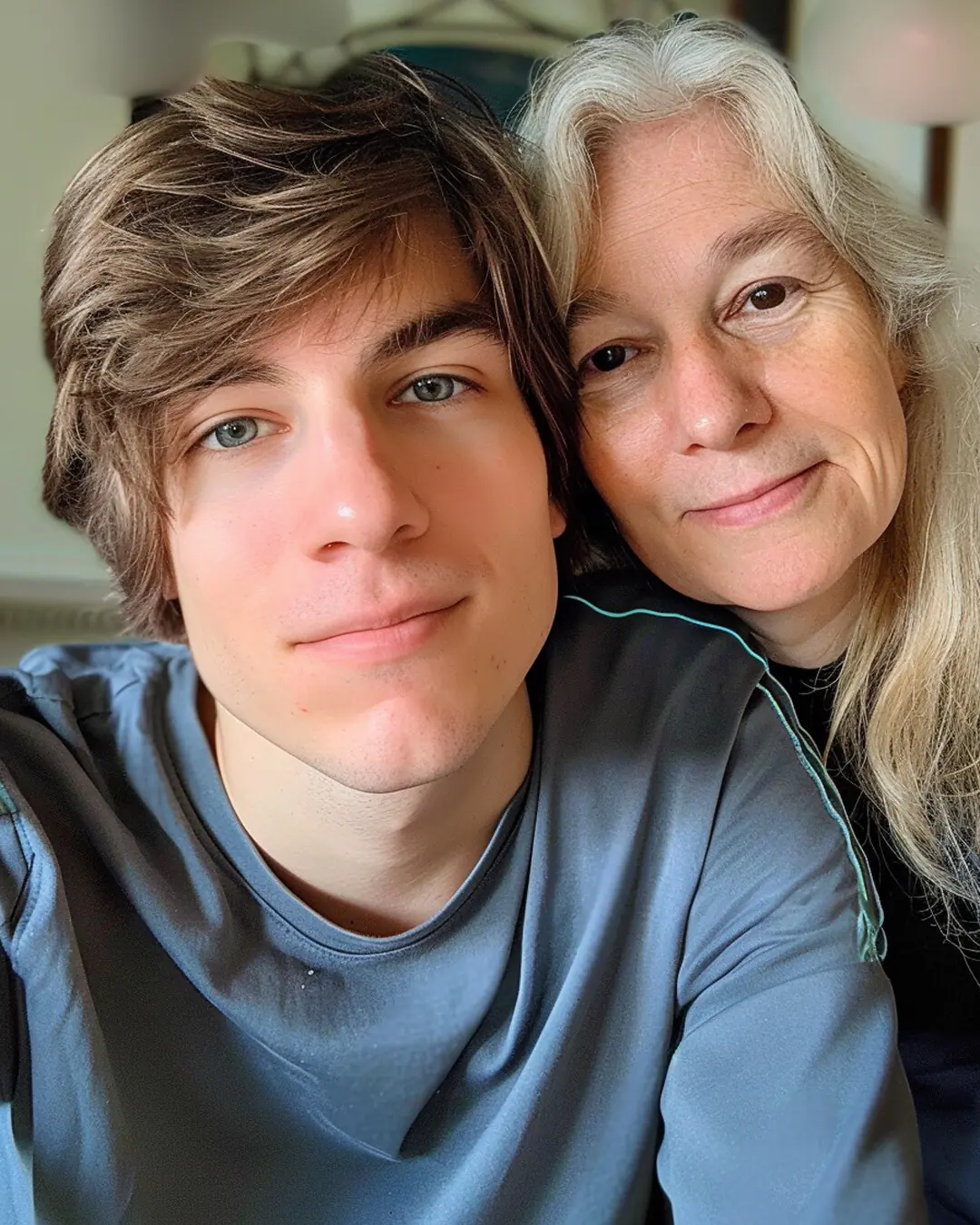
My Stepson's Fiancée Told Me 'Only Real Moms Get a Seat in the Front' — So I Watched the Wedding from the Back… Until My Boy Turned Around
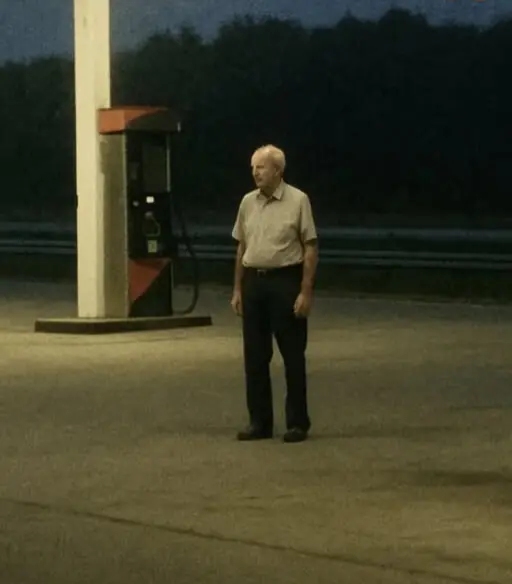
A Family Forgot Their Wealthy Grandpa at a Gas Station on His Birthday — The Next Day, His Lawyer Called Them
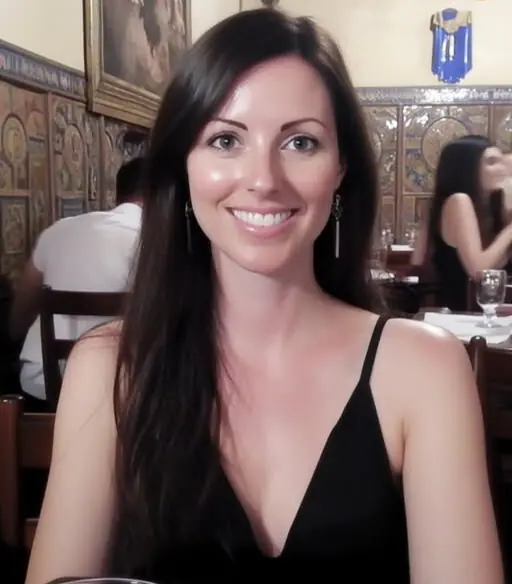
Lonely Woman Hides Her Son During a Date to Avoid Scaring the Man Away, but Regrets It the End
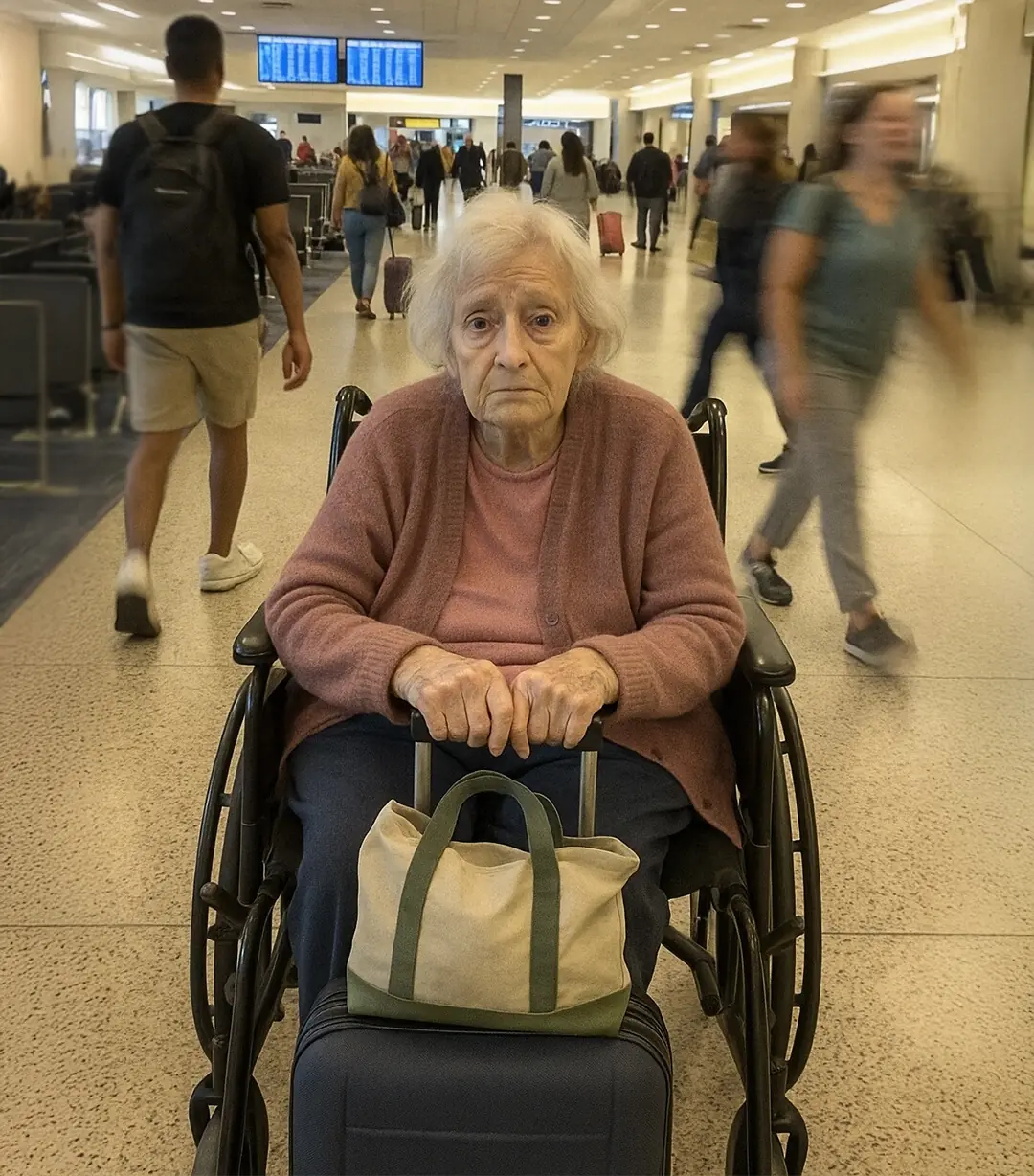
My Family Dumped Grandma at the Airport and Left for Vacation Without Her—They Didn't Expect Me to Strike Back
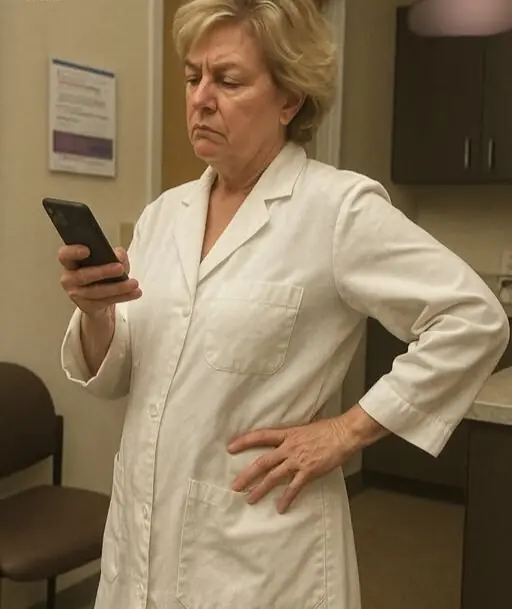
My Mom's Friend Outed My Pregnancy Without Permission—She Made a Big Mistake
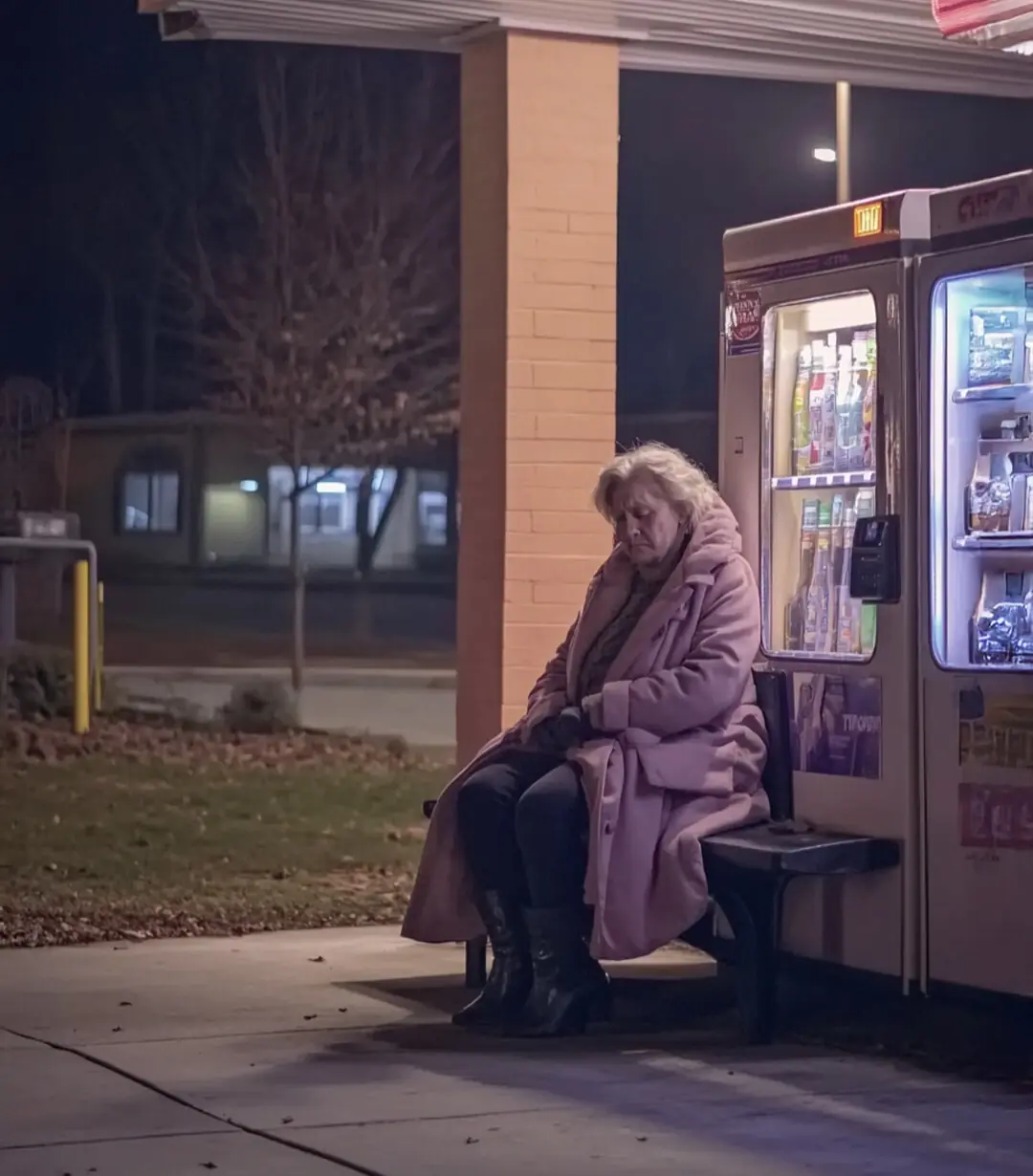
My Grandsons Left My Wife Stranded at a Gas Station to Party — My Lesson Made Them as Good as Gold
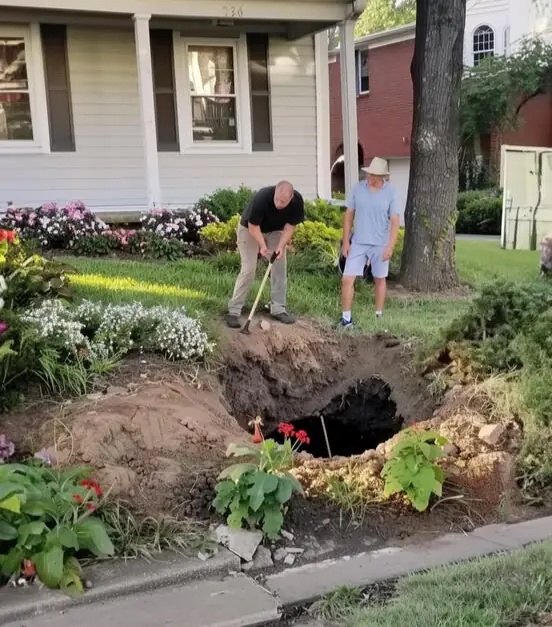
I Came Home to My Husband and His Ex Digging My Garden – What They Hid Years Ago Made Me Pale
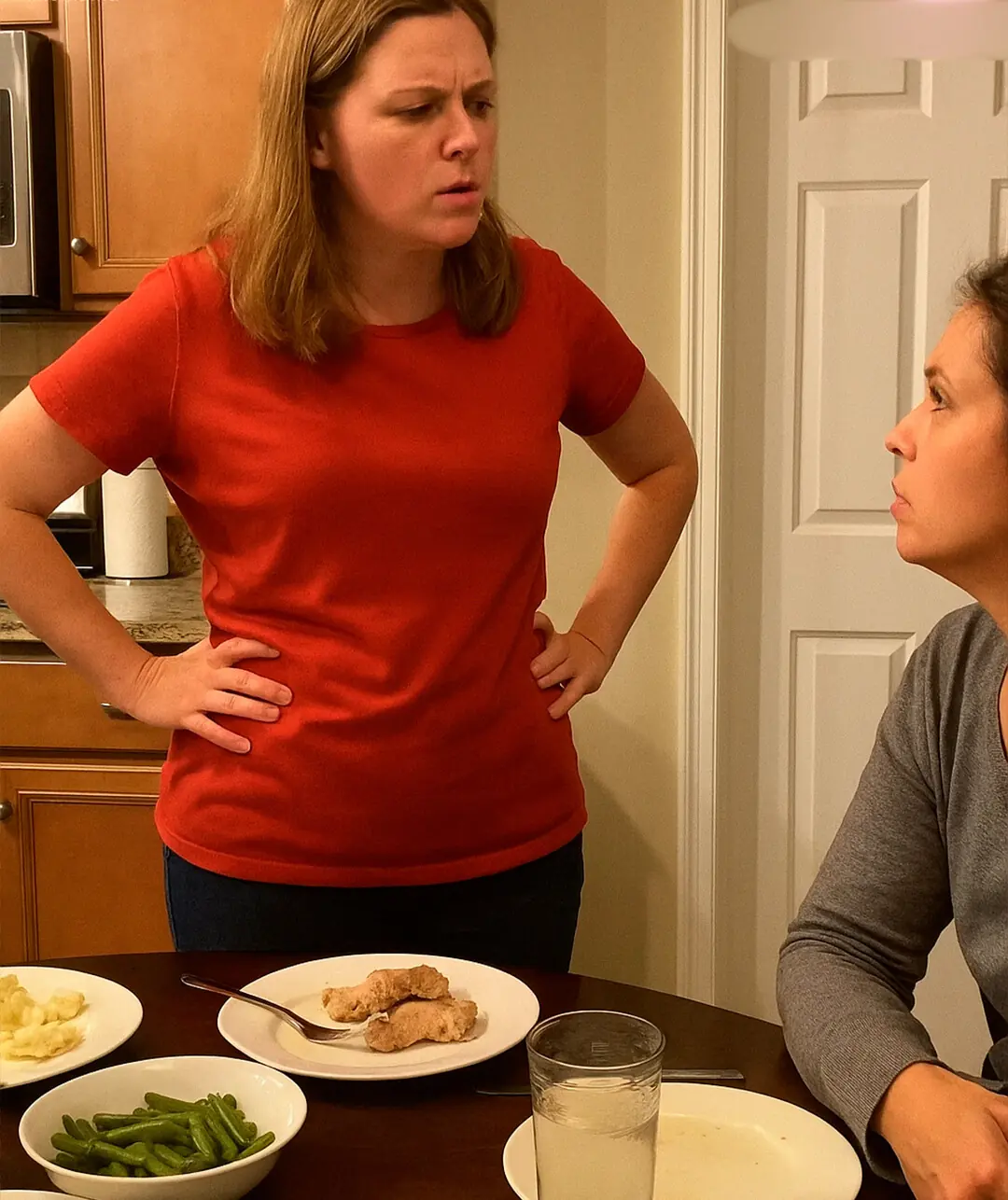
My Brother's Fiancée Demanded Our Family's Inheritance for Her Kids — I Said Yes, Then Asked One Question That Shut Her Down
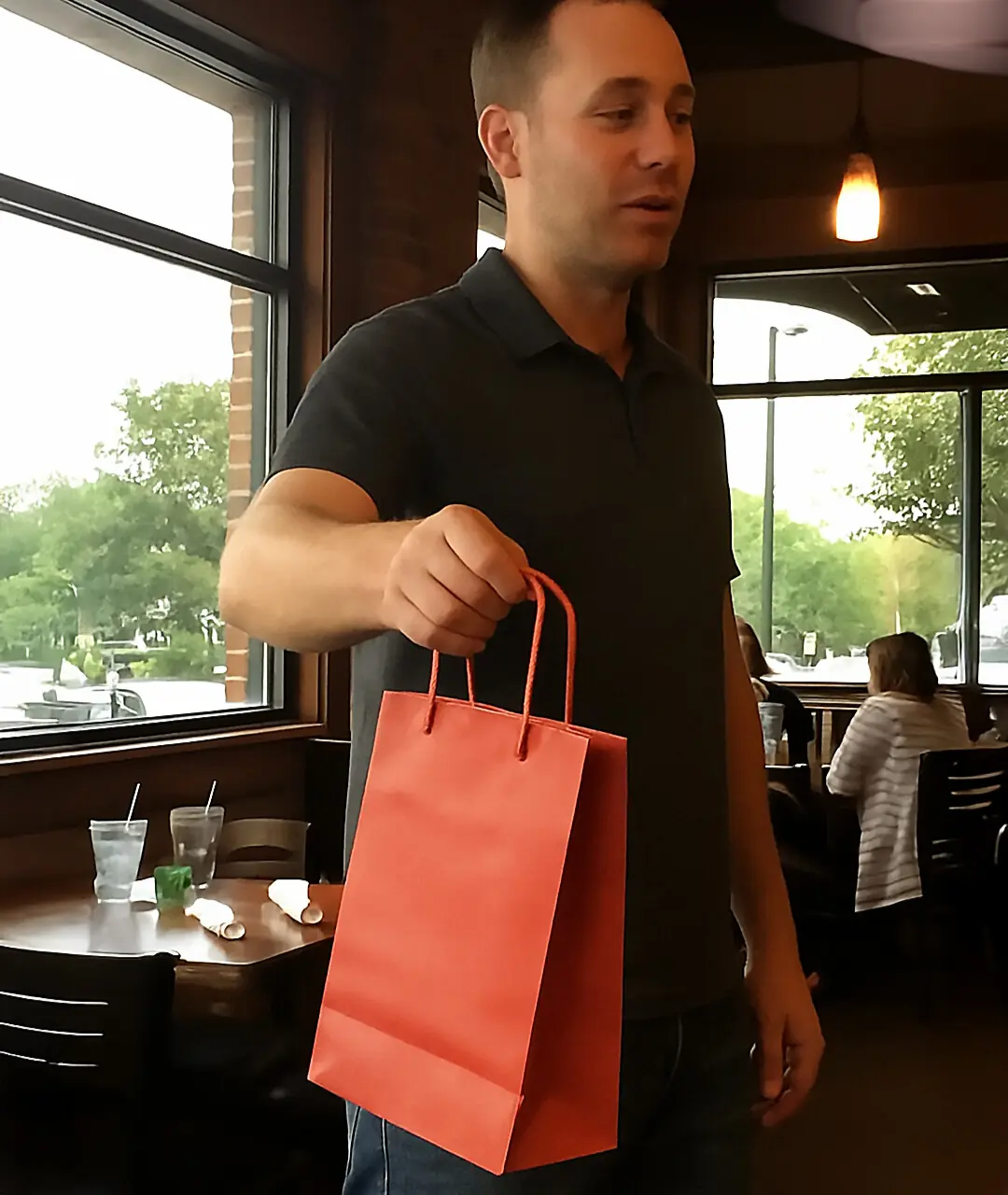
I Walked Out of My Own Birthday Dinner in Tears from Humiliation After My Fiancé's 'Surprise'
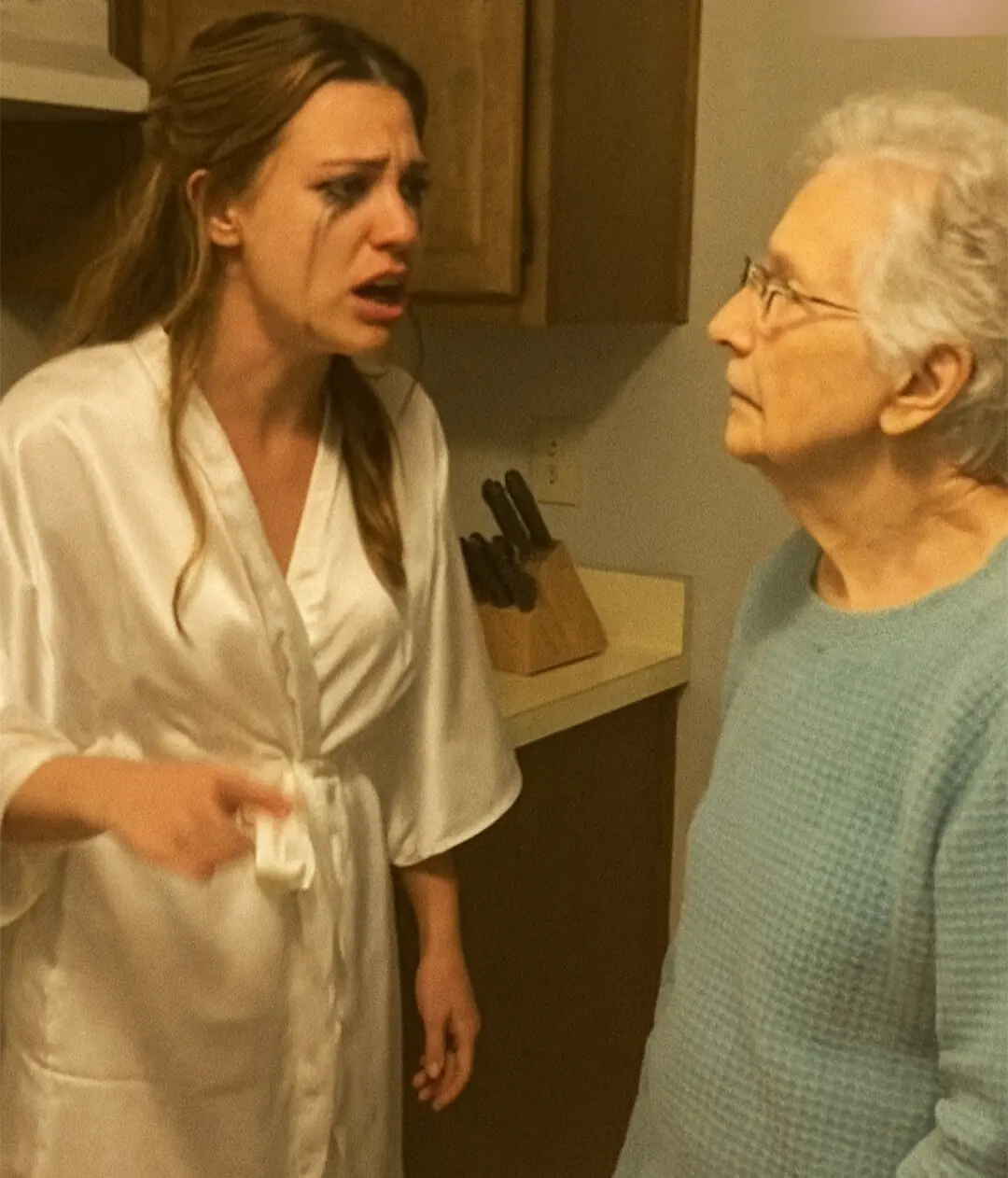
My Granddaughter Said Her Wedding Was 'For Her Friends' and Didn't Invite Me—Then She Found Out What I Was Going to Give Her
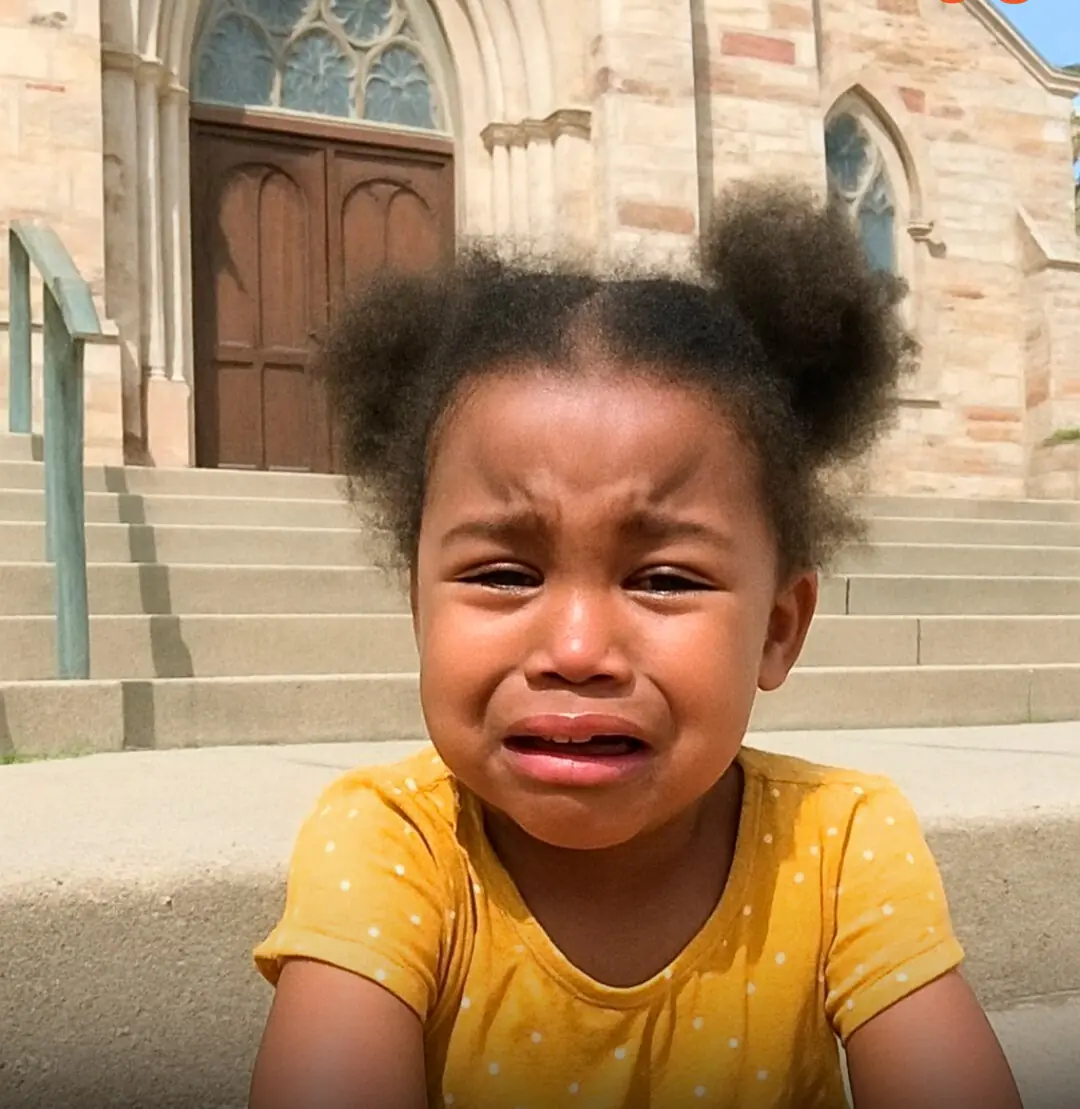
I Took an Abandoned Girl from Church on Easter Only to Uncover My MIL’s Deepest Secret
News Post

Poor Janitor Buys Old Doll at Flea Market, Gives it to Child & Hears Crackling Sound from It

Woman Helps to Deliver Neighbor's Baby, Discovers Her Husband Is the Father
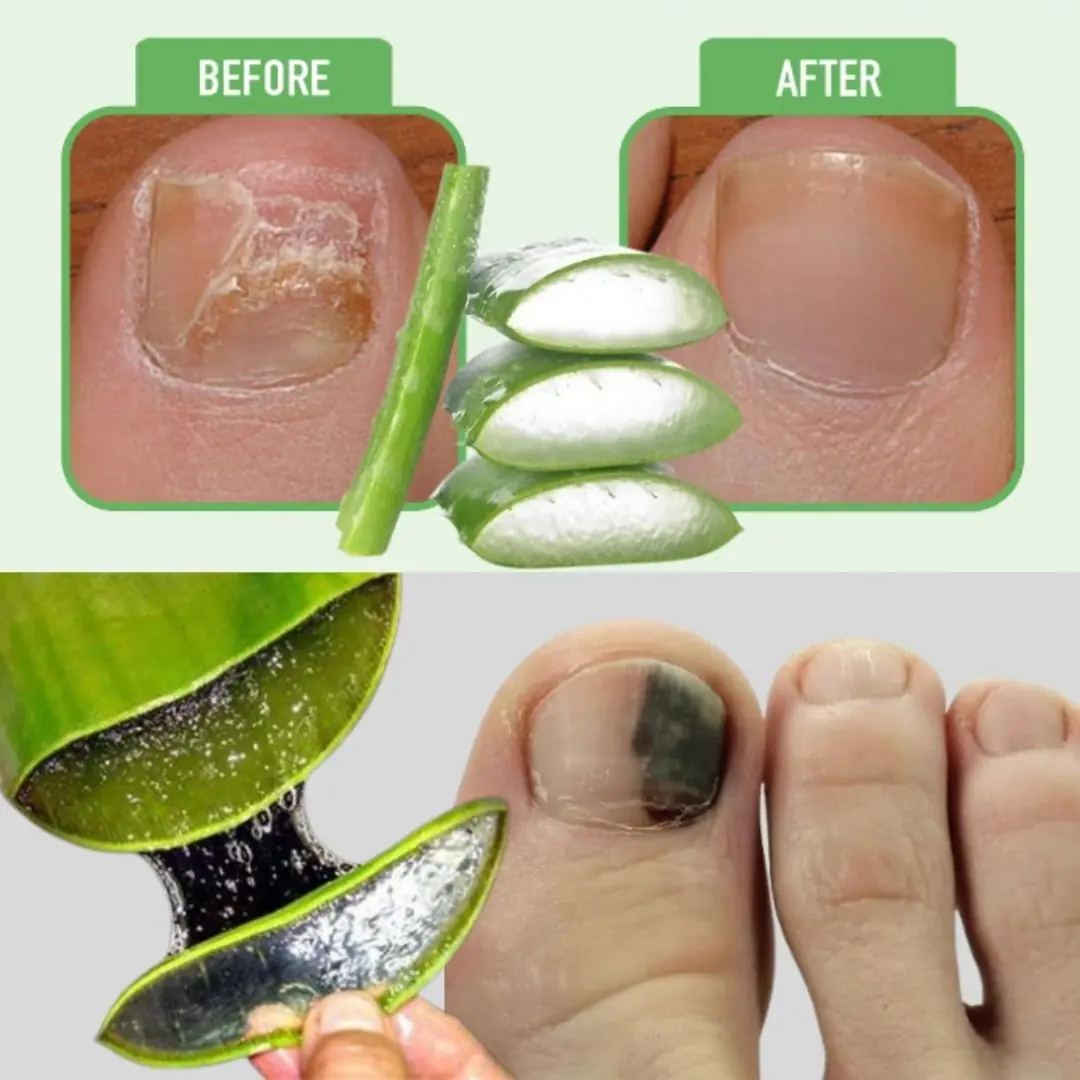
Aloe Vera: A Natural Remedy for Nail Fungus 🌿💅

Every Saturday, My Boyfriend Visited His Parents Without Me Until I Followed Him and Uncovered the Shocking Truth

🧅 Unlock the Power of Onions: 7 Natural Ways to Boost Male Vitality & Fight ED

Oatmeal, apple and carrots! I don't eat any sugar at all! No flour

My Sassy MIL Took over Our Bed Without Asking for Years—But This Time, I Set a Trap My In-Laws Walked Right Into
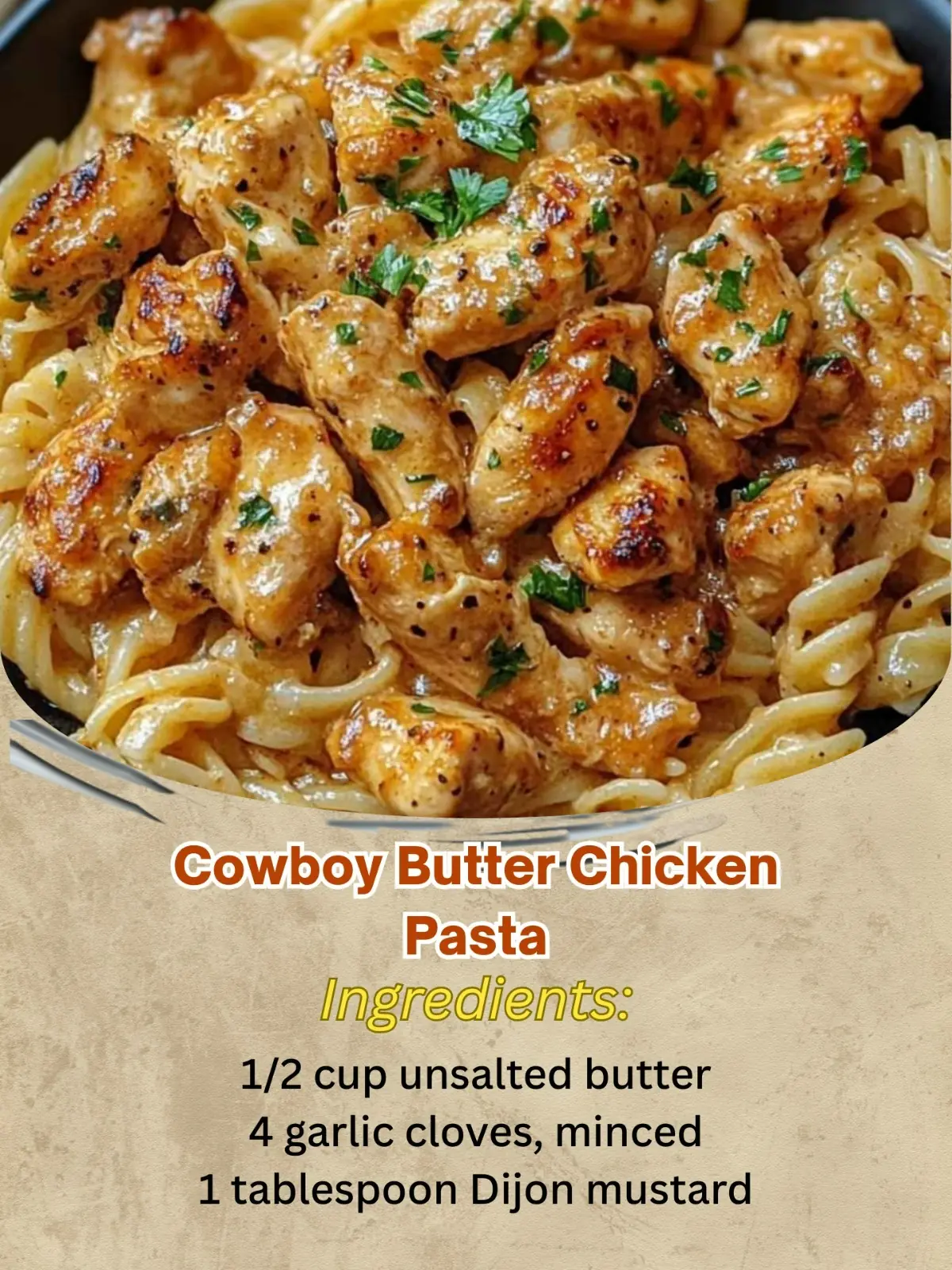
Cowboy Butter Chicken Pasta: A Flavorful Twist on a Classic Dish!

My Son Proposed to a Girl He'd Only Known for 3 Weeks—During the Ceremony, the Police Walked In

My Stepmother Kicked Me Out While My Father Stayed Silent — Days Later, They Were on Their Knees Begging for Forgiveness

My MIL and Husband's Sisters Forced Me to Clean Up Alone After Easter Feast—I Agreed, but They Weren't Ready for My 'Surprise'

I Paid and Organized My Niece's 16th Birthday—Then She Demanded I Sit In the Kitchen During the Party

My Stepson's Fiancée Told Me 'Only Real Moms Get a Seat in the Front' — So I Watched the Wedding from the Back… Until My Boy Turned Around

A Family Forgot Their Wealthy Grandpa at a Gas Station on His Birthday — The Next Day, His Lawyer Called Them

Lonely Woman Hides Her Son During a Date to Avoid Scaring the Man Away, but Regrets It the End

Stroke Is Increasing Among Young People: 4 Warning Signs During Sleep That May Predict a Stroke – What You Need to Know

Thyroid Cancer Self-Check at Home with a Glass of Water: How I Detected It Early and Got Easy Treatment

Woman, 46, Shares Surprising Symptoms She Ignored Before Her Heart Attack

Chocolate Rice Krispie Balls
